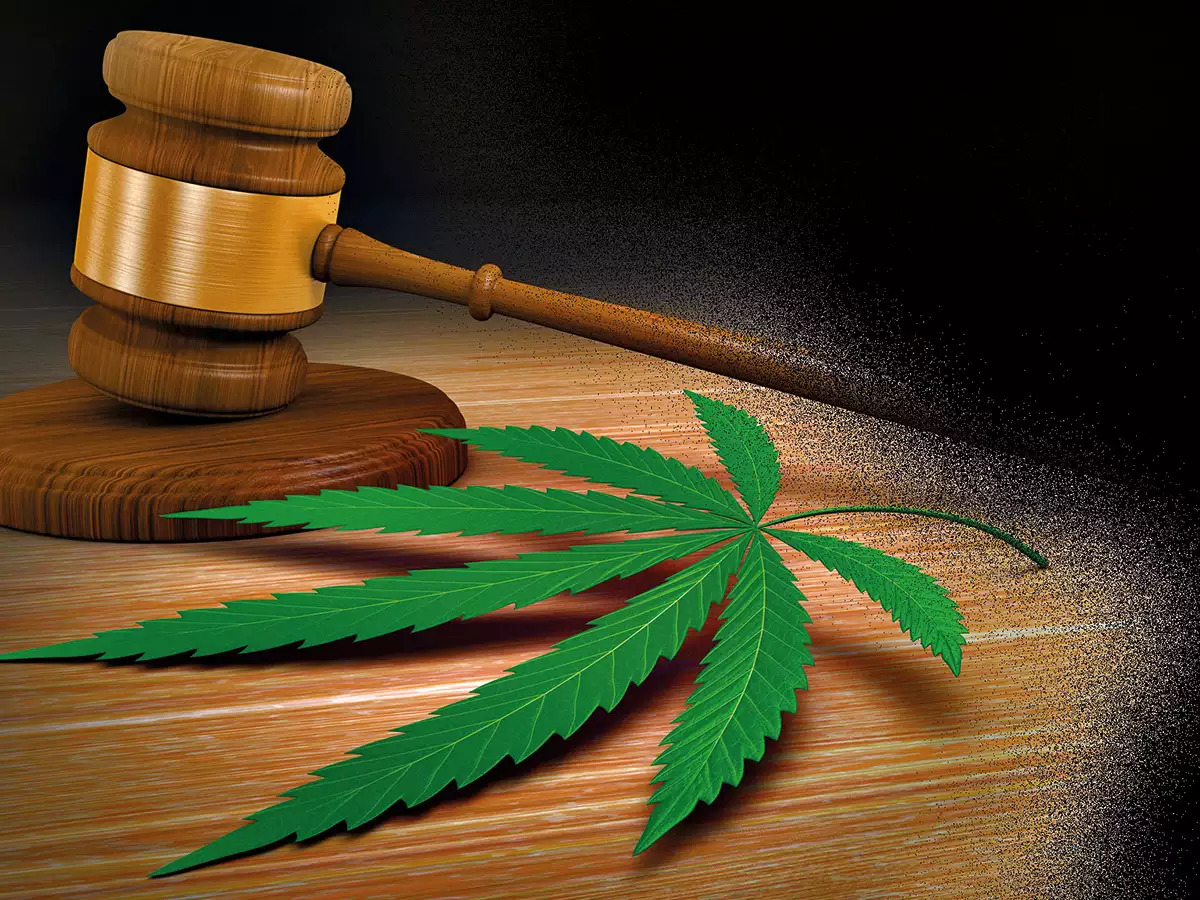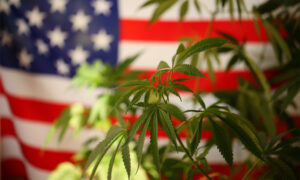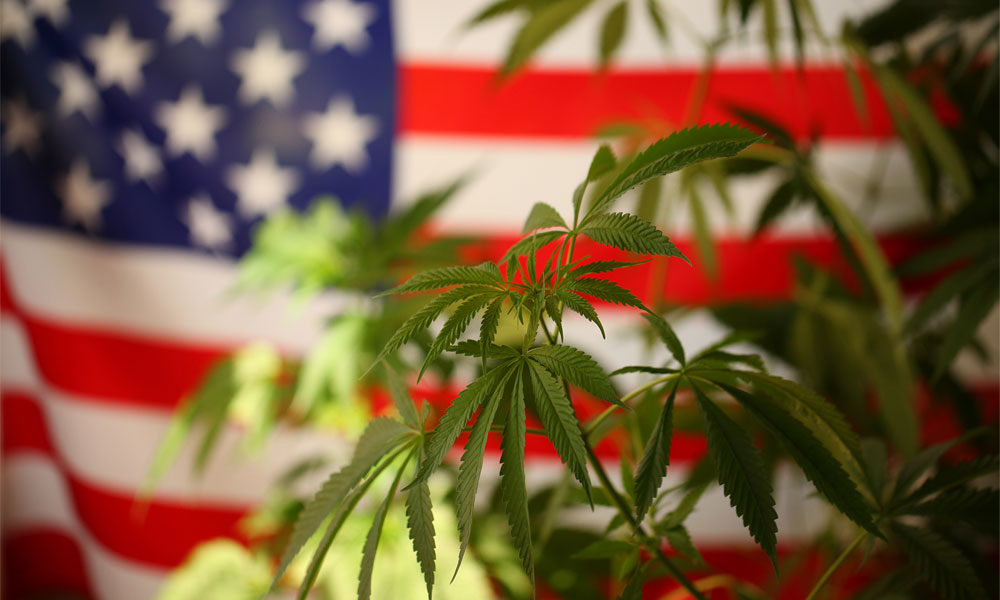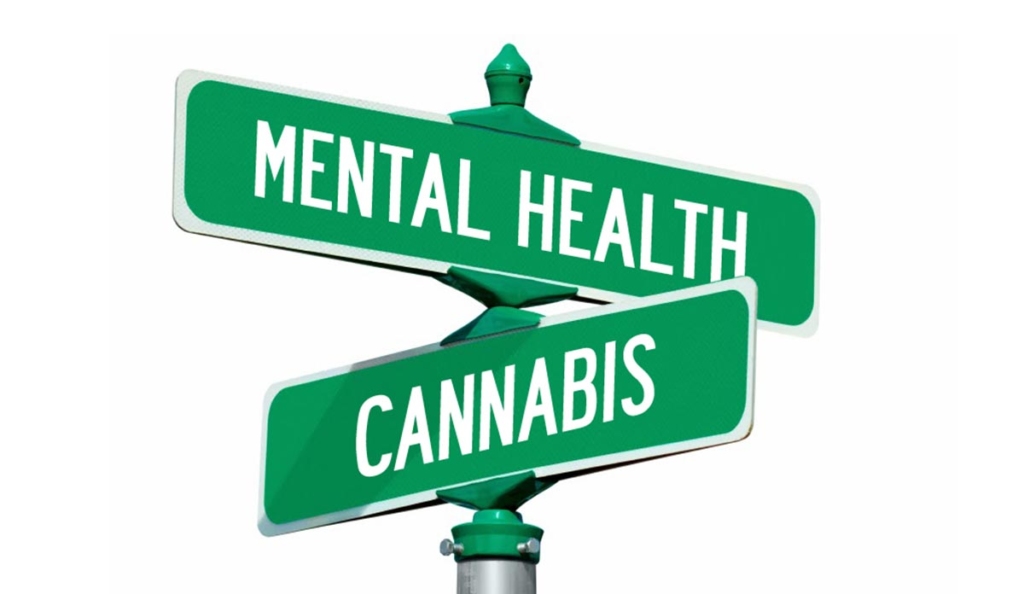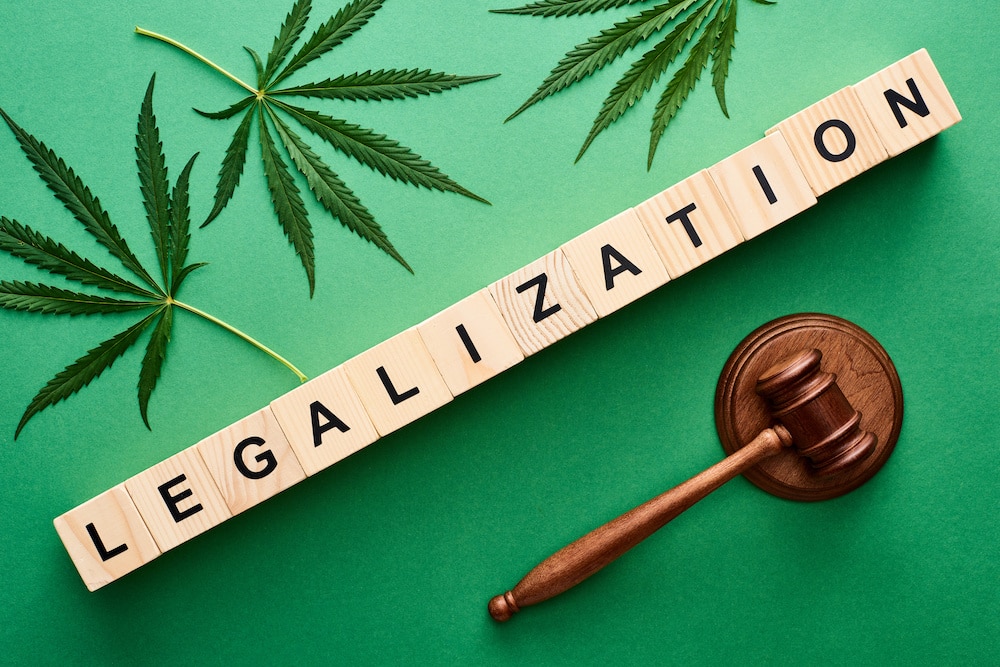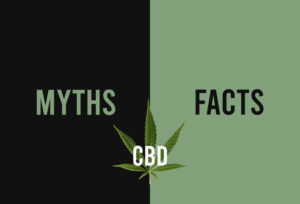(Part-2)
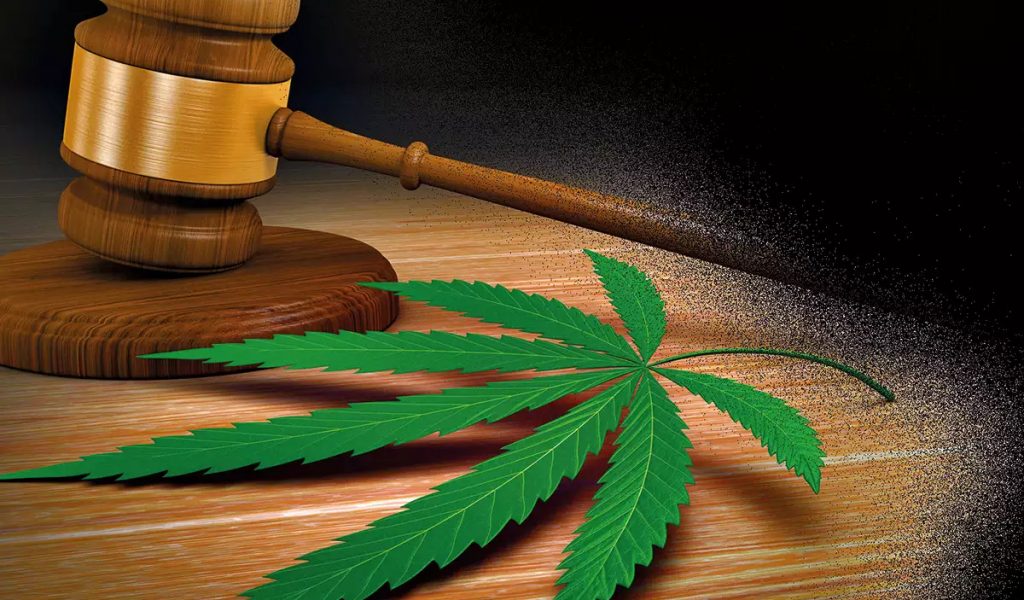
India’s legal history dates back to the Vedic eras, and it’s possible that civil law existed during the Bronze Age and the Indus Valley civilization.
For a fact – The Indian Hemp Drugs Commission declared cannabis usage to be safe in moderation in 1894.
Legal or Illegal? India is still a ways off from reaping the benefits of this miracle plant in the twenty-first century. Imagine the time it took to realize hemp’s importance and health benefits.
The Indian Ayurvedic system of traditional medicine has used Cannabis Sativa, often known as hemp or Vijaya in Ayurveda, for ages.
As the globe becomes more interested in studying the medicinal benefits of cannabis derivatives, we may get to see a rise in usage in the near future.
The State Policies
Hemp cultivation is a state issue, and it differs from state to state. The only two states in India that still permit government-supervised hemp farming are Uttarakhand, Uttar Pradesh and Manipur. This is unquestionably seen as a significant development that advances the hemp revolution debate.
One of the states that succeeded was Uttarakhand! The first state in India to have authorized the growing of hemp after a protracted period of hesitation, especially considering the stigma surrounding it.
Alongside, The Narcotic Drugs and Psychotropic Substances Act of 1985 made it illegal for anybody to grow or produce cannabis plants, but it reserved the power for the federal and state governments to do so later on by issuing regulations as well.
- The Manipur Hemp Policy states that there is a sizable body of scientific literature supporting the use of hemp for industrial and medical purposes.
- For research and development purposes, the Government of Jammu and Kashmir has authorized the cultivation of hemp plants for medicinal use.
- Public commercial cultivation of a specific variety of hemp plants is now permitted in Uttarakhand by the state’s government.
- The State of Uttar Pradesh has approved the research-focused cultivation of a particular hemp plant.
- The Madhya Pradesh administration decided to legalize cannabis production in the state (as of 2019) for both medical and commercial purposes, according to PC Sharma, state law minister.
- The Government of Manipur states that hemp cultivation for industrial or medical purposes is permitted, subject to rules, oversight, and control by the state.
- To aid regional farmers and businesses that have invested in the state, the State Government of Manipur shall promote the export of hemp biomass that has been dried or preparations made from hemp plant extraction.
NDPS
The NDPS Act does not identify the numerous cannabis plant species’ variants. It is tough to get since the crop is illegally grown.
Earlier, the Narcotic Drugs and Psychotropic Substances Act, 1985 (“NDPS Act”) made it illegal for anyone to use cannabis (Ganja) and its resin (Charas or Hashish) for recreational purposes in India. Because of this, cannabis has hardly been used medically.
The issue that occurs is that even though the NDPS Act under it’s Section 10 states – The cultivation of any cannabis plant, production, manufacture, possession, transport, import inter-State, export inter-State, sale, purchase consumption or use of cannabis (excluding charas), though majority of state governments in India are hesitant to grant a license to cultivate and harvest cannabis/hemp.
The Catch - Legal or Illegal?
According to the Narcotic Drug And Psychotropic Substances Act, when cannabis leaves and seeds are segregated from the plant’s most intoxicating parts—the flowering or fruiting tops—the NDPS Act does not apply to them. The cannabis plant’s seeds and leaves are not covered by the NDPS Act, according to the definition of the Act.
Cannabidiol, often known as CBD, is one of the main compounds (or cannabinoids) found in cannabis, particularly in its leaves. CBD is not a narcotic but does have positive medical effects.
The plant’s serrated leaves contain very little or no THC. The psychoactive or euphoric substance found in cannabis plants called THC is mostly to blame for the “high” that users experience.
It can be concluded that as per the NDPS Act, Hemp is not a psychoactive substance.
Ayush - Ayurveda, Yoga and Naturopathy, Unani, Siddha and Homeopathy
It is all fine until the Ayush Ministry steps into the game! As per AYUSH, or as far as the Indian government is concerned the ministry permits “use of the Vijaya or cannabis extract (Bhaang)- so both CBD and THC are permitted”.
Therefore, Vijaya products are finding a market in India with the support of the government (directly or indirectly).
Fssai - Food Safety and Standards Authority of India
According to the Food Safety and Standards (Food Products Standards and Food Additives) Fifth Amendment Regulations, 2021 published in The Gazette of India: Extraordinary, Part III, Section 4: hemp seed, hemp seed oil, and hemp seed flour are to be sold as food or used as an ingredient in food for sale.
Cannabis plants are categorized as hemp or marijuana depending on whether they contain more than 0.3% THC or less.
Why is India still behind?
The part that becomes an issue is when a compound in the Cannabis sativa plant, has a social stigma attached to it mainly because it is the outcome of false perception and lack of knowledge of the facts.
Only a small number of businesses have an AYUSH license to produce hemp that is provided to shops, and the government regulates the supply of hemp leaves.
The number of reasons can be endless!
- Lack of awareness in the system as well as among the people.
- Contradicting laws.
- Poor cultivation (even if cultivation takes place).
- It becomes tedious when it comes to getting done the complete process, i.e. from procuring to processing!
The questions that arise are, will Indians reap the benefits of the wonder plant? Will our laws get better and clearer?


